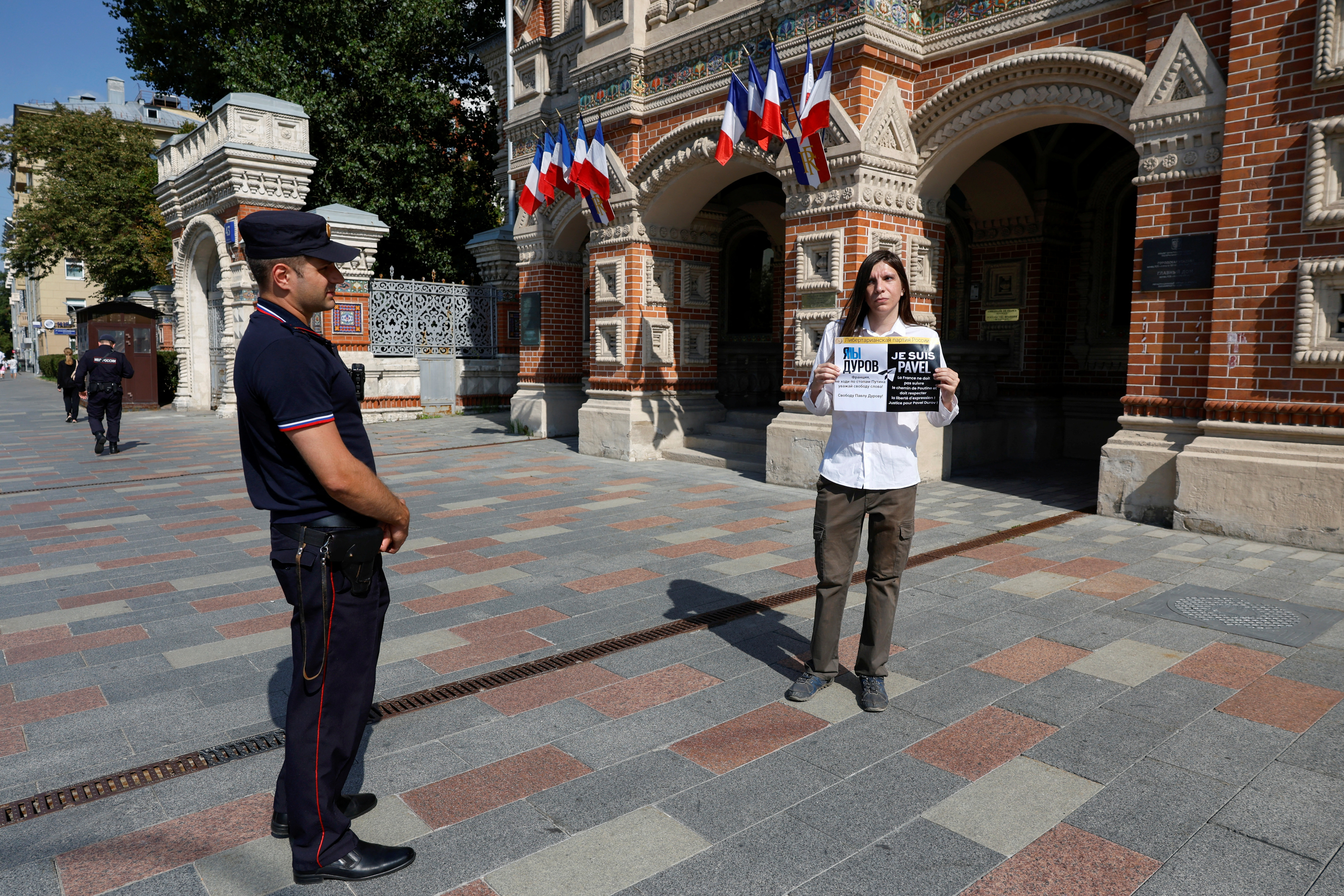
Telegram has unveiled significant updates to its privacy and moderation policies, responding to the arrest of CEO Pavel Durov. This decision marks a major shift in the platform’s approach to managing private conversations and user data.
The company’s latest move addresses mounting concerns over its handling of private chats and the broader implications of its operational transparency. Previously known for its staunch defense of user privacy and minimal interference in private communications, Telegram is now adopting new measures to enhance moderation capabilities within private groups and individual chats.
This policy shift comes in the wake of Pavel Durov’s arrest in connection with allegations related to the platform’s content management practices. Durov’s detainment has intensified scrutiny of Telegram’s governance and operational policies, prompting the company to reassess its approach to content moderation. The arrest has cast a spotlight on the challenges faced by messaging platforms in balancing user privacy with the need for regulatory compliance and responsible content management.
The revamped rules allow administrators greater control over content within private groups, enabling them to enforce stricter guidelines and manage user interactions more effectively. Previously, Telegram’s moderation tools were primarily geared towards public channels, with private chat settings remaining relatively untouched. Now, with the updated policies, moderators in private chats can set specific rules for behavior and content, and take more decisive actions against violations, including removing members and reporting issues directly to Telegram’s support team.
Telegram’s decision to implement these changes reflects a growing trend among tech companies to adjust their policies in response to regulatory pressures and legal challenges. The company has faced increasing pressure from various governments to regulate content more rigorously and enhance transparency, particularly in light of its role in facilitating secure communications.
The arrest of Durov has amplified these pressures, as it has highlighted the difficulties in enforcing content standards while maintaining user confidentiality. In addition to the new moderation tools, Telegram is also expanding its support infrastructure to assist moderators and users in navigating the updated policies. This includes providing detailed guidelines on acceptable behavior and offering training resources to help users and administrators manage their private chat environments effectively.
The company’s move is likely to influence how other messaging platforms approach similar issues. As privacy concerns continue to clash with regulatory demands, Telegram’s policy changes could set a precedent for how digital communication services balance these competing interests. The broader tech community is watching closely to see how these developments unfold and how they might shape future regulatory and operational practices.
Despite these changes, Telegram remains committed to its core principles of user privacy and security. The company has emphasized that its new policies are designed to enhance user experience and safety without compromising its foundational values. As such, Telegram is navigating a complex landscape of regulatory compliance, user privacy, and content management, aiming to strike a balance that addresses current concerns while preserving its reputation as a secure messaging platform.




